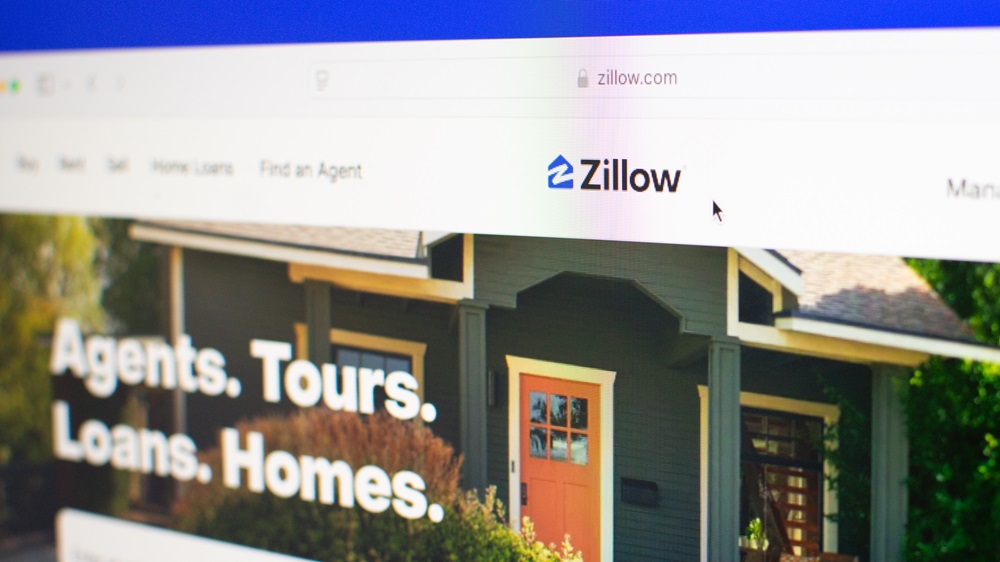Zillow’s Remarkable Financial Performance Continues in Q3 2025
Zillow has once again demonstrated its ability to outperform financial expectations, marking its third consecutive quarter of profitability in 2025. The Seattle-based real estate giant reported $676 million in revenue for the third quarter, representing a robust 16% year-over-year increase that exceeded the company’s own guidance. This impressive performance comes amid what CEO Jeremy Wacksman subtly referred to as “external noise”—likely alluding to ongoing industry lawsuits and debates surrounding exclusive listings, including Zillow’s controversial private listing ban. Despite these challenges, Zillow has maintained strong growth across all its business segments, with particularly impressive gains in its rentals and mortgage divisions, which saw year-over-year increases of 41% and 36% respectively. The company’s core residential business also performed well with a 7% increase to $435 million, demonstrating the company’s continued dominance in the digital real estate space.
The company’s financial health appears increasingly robust, with cash and investments totaling $1.4 billion at the end of September—up from $1.2 billion just three months earlier. This financial stability has allowed Zillow to navigate the complex real estate market landscape while continuing to innovate its platform offerings. Adjusted EBITDA reached $165 million in Q3, representing a significant improvement from the $127 million reported a year earlier. Most notably, Zillow posted a net income of $10 million for the quarter, marking a substantial turnaround from its $20 million loss during the same period last year and an improvement over the $2 million gain in the previous quarter. These figures paint a picture of a company that has successfully transitioned from growth-at-all-costs to sustainable profitability while maintaining impressive expansion.
Consumer engagement with Zillow’s platforms continues to grow impressively, with traffic across all Zillow Group websites and apps reaching 250 million average monthly unique users in the third quarter—a 7% increase compared to the same period in 2024. Total visits climbed to 2.5 billion in Q3, reflecting a 4% year-over-year growth. These traffic statistics underscore Zillow’s enduring appeal and central position in the real estate journey for millions of Americans. As Wacksman noted in the company’s press release, “Zillow’s Q3 results show how well we’re delivering on our mission to make buying, selling, financing and renting easier. Zillow is leading the industry toward a more transparent, consumer-first future.” This statement reflects the company’s strategic positioning as not just a listing platform but as a comprehensive solution for all real estate transactions.
The rentals segment has emerged as a particularly bright spot for Zillow, with revenue surging 41% year-over-year to $174 million. This exceptional performance highlights the company’s successful diversification beyond traditional home sales into the rental market, which continues to be a critical segment of the housing ecosystem, especially as high mortgage rates have pushed many potential buyers toward renting. Similarly, Zillow’s mortgage division has shown remarkable growth with revenue increasing 36% to $53 million, demonstrating the effectiveness of the company’s strategy to expand its financial service offerings. By strengthening these complementary business lines, Zillow appears to be building a more resilient business model that can better withstand fluctuations in the housing market.
Looking ahead to the fourth quarter, Zillow has provided revenue guidance in the range of $645 million to $655 million, which would represent high single-digit year-over-year growth. While this projection suggests a slight sequential decrease from Q3, it still reflects continued confidence in the company’s growth trajectory. The more modest forecast may indicate some caution regarding seasonal factors or macroeconomic conditions affecting the real estate market. However, Zillow’s consistent ability to exceed expectations in recent quarters suggests the company may be strategically setting conservative targets. The continued profitability trend, coupled with strong growth across multiple business segments, positions Zillow favorably as it approaches the end of 2025.
Zillow’s performance in this quarter demonstrates how the company has evolved from simply being a real estate search portal to becoming an integrated platform that touches multiple aspects of housing transactions. Despite facing industry challenges and regulatory scrutiny, Zillow continues to innovate and expand its reach within the real estate ecosystem. The company’s financial results reflect not only its market leadership but also its successful execution of a multi-faceted growth strategy. With strong consumer engagement, diversified revenue streams, and improving profitability, Zillow appears well-positioned to continue its upward trajectory and further solidify its role as a transformative force in how Americans buy, sell, finance, and rent homes. As the real estate industry continues to evolve, Zillow’s focus on creating a more transparent and consumer-centric experience may prove to be its most valuable asset.














